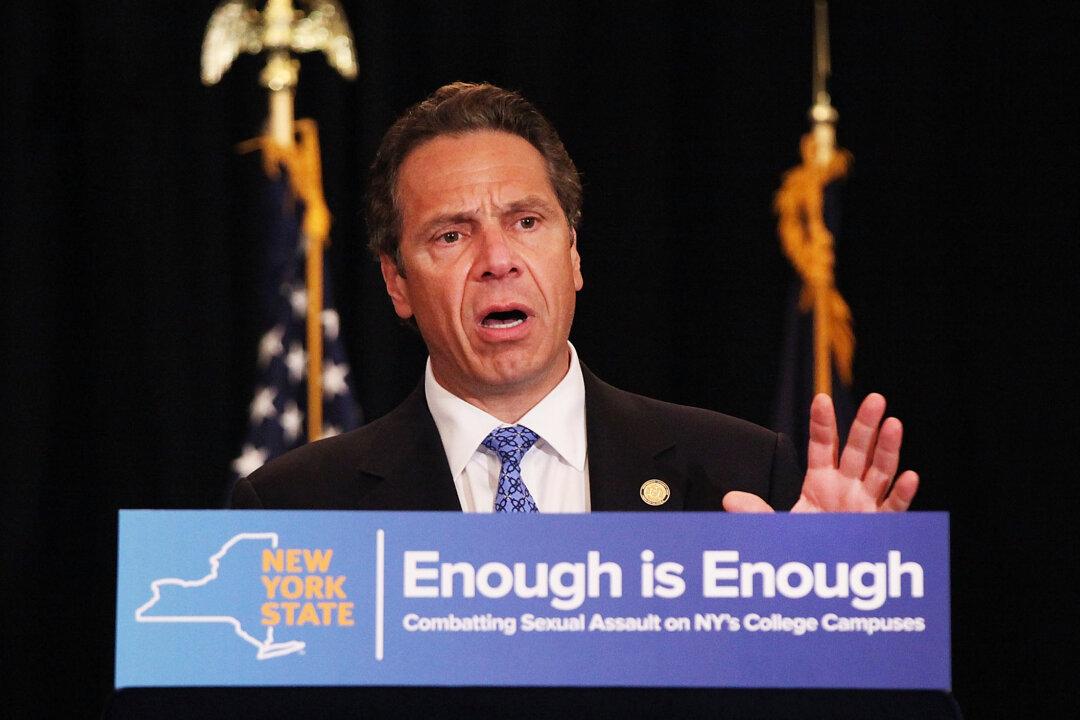ALBANY, N.Y.—In nearly two years since New York colleges were told to adopt policies defining consensual sex and rights of rape victims, the number of schools under federal investigation for handling of sexual violence increased from four to 25.
That six-fold state increase even exceeded national numbers that showed a tripling of schools under such investigations to 164. Experts say the dramatic increases reflect better reporting rather than an actual uptick in sexual violence on college campuses.
Research suggests 42% of college students tell no one. And people who tell no one don't do well. We wanted to increase supports.
, University at Albany's Advocacy Center for Sexual Violence





